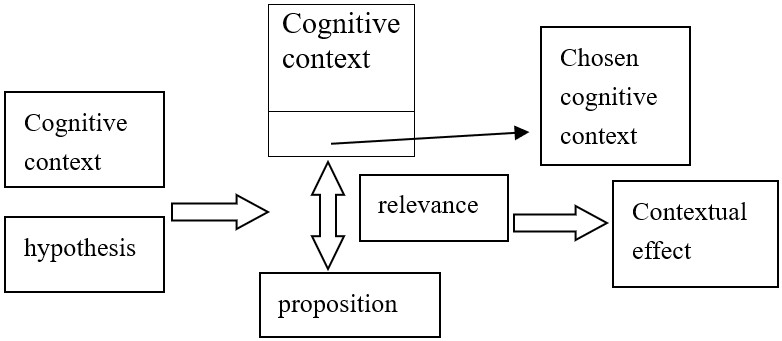An Interpretation of Relevance Theory on Vague Language in Business English Negotiations
Abstract
With the globalization of the economy, the fuzzy language in business English negotiations is widely used. The motivation for negotiators to use fuzzy language is not to hide information, but to convey information more clearly. This article attempts to divide business negotiations into three stages: the beginning, the process, and the end. With fuzzy language in business negotiation as a corpus, this paper studies how people adapt to different contextual factors to regulate fuzzy language in the process of business English negotiations under the guidance of relevance theory so as to achieve the optimal contextual effect with the minimum effort.
Downloads
References
Blakemore, D. (1995). "Relevance theory"[A]. In Jef Verschueren,et.al(eds.) Handbook of Pragmatics: Manual[C]. John Benjiamins, Amsterdam, 443-452. https://doi.org/10.1075/hop.m.rel1
Ji., Y. P. (2018). Chinese Translation of Fuzzy Language of Business Letters from the Perspective of Relevance Translation Theory[J]. Literary Education, 3.
Li, S. (2019). Korean-Chinese Translation Studies from the Perspective of Relevance Theory[J]. Young Scholar, 14.
Liu, Y. P. (2018). Analysis of Fuzzy Language in Business English Letters[J]. Wen Cun Review, No. 23, 2018.
Mo, A. P. (2016). Pragmatics and Translation[M]. Beijing: Higher Education Press, 156.
Peng, Y. L. (2004). Dictionary of Logic. Shanghai Dictionary Press, 12.
Sperber, D., & Wilson, D. (1995). Relevance: Communication and Cognition [M] (second edition). Oxford: Blackwell. Beijing: Foreign Language Teaching and Research Press, 2001.
Wang, J. G. (2009). Relevance Theory and Translation Studies[M]. Beijing: China Foreign Translation Publishing Corporation, 35.
Wu, T. P. (1999). Fuzzy Linguistics[M]. Shanghai: Shanghai Foreign Language Education Press.
Zeng, Z. (2018). A Review of Relevance Theory[J]. Modern Communication, 9.


This work is licensed under a Creative Commons Attribution 4.0 International License.
Copyright for this article is retained by the author(s), with first publication rights granted to the journal.
This is an open-access article distributed under the terms and conditions of the Creative Commons Attribution license (http://creativecommons.org/licenses/by/4.0/).









1.png)









1.png)











